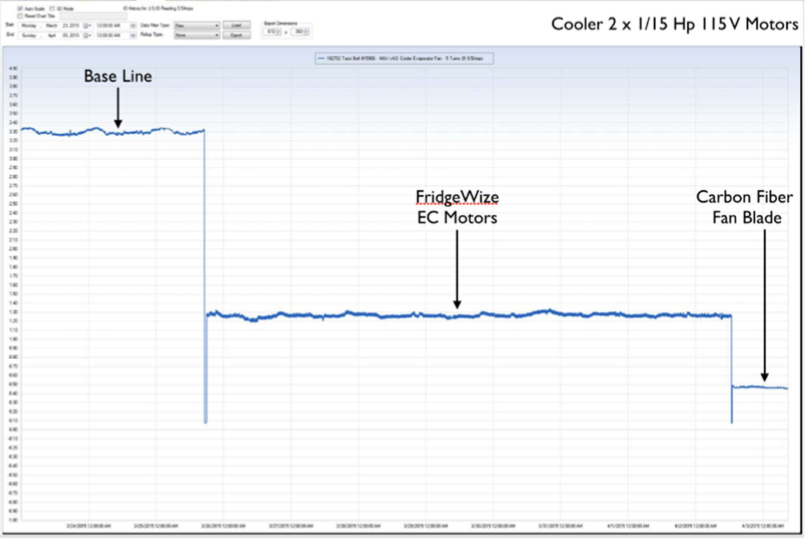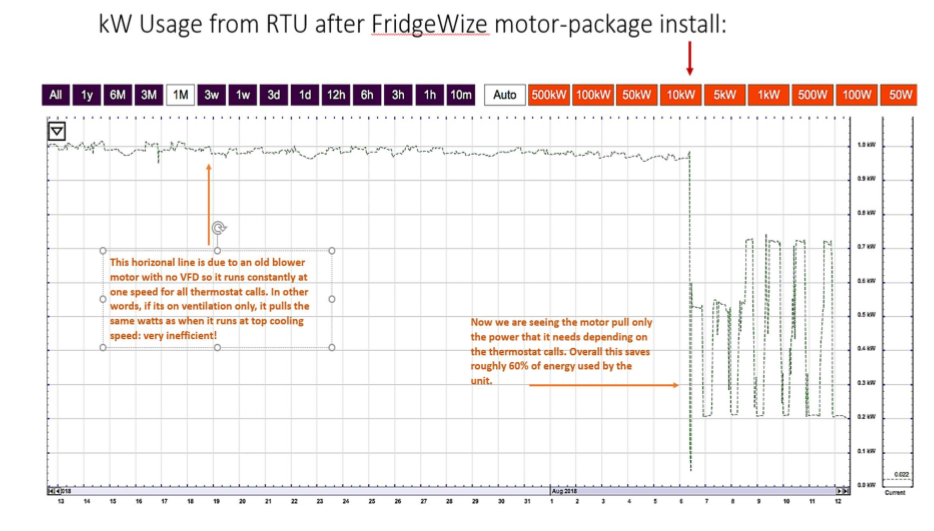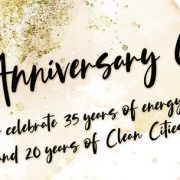So, when we talk about someone employed in “clean energy”, what does that cover? Like “manufacturing”, many things. The Bureau of Labor Statistics (BLS) defines and tracks employment by sector, but it’s not the most user-friendly resource. So, while BLS notes that there were nearly 6,000 wind turbine service techs employed in May of 2020, it divides them among five different industries, ranging from utility construction to consulting to local government. Sadly, a BLS plan to categorize and track clean energy jobs begun in 2010 was abandoned in 2013 during a federal budget shutdown, and has never resumed.
More generally, clean energy jobs fall into four broad categories – energy efficiency (home upgrades or commercial building retrofits); renewables (solar, wind, biogas, or geothermal energy); grid and storage (electrical engineering, battery tech, and charging stations); and cleaner vehicles and fuels (hybrid and electric vehicle manufacturing or biofuel production). Altogether, more than 3.3 million Americans work in one of these fields, and it’s worth noting that energy efficiency alone employed more than twice as many people as all fossil energy sectors combined.
Like nearly everybody else, clean energy workers have taken a hit in this economy. About 147,000 jobs were eliminated in March, and April totals nearly tripled that. More than 590,000 jobs in the sector evaporated by April 30th, two months ahead of projections by BW Research. The same analysts now expect around ¼ of all green energy jobs to be gone by June 30th, some 850,000 in all.
Under the circumstances, this isn’t surprising. Homeowners are unlikely to invite insulation crews into their homes in the midst of a pandemic. Financial chaos means that banks are less likely to lend on large-scale clean energy deployments. Cities facing budgets collapsing under tax shortfalls are going to emphasize essential services before clean energy buildouts. And utilities are facing tumbling energy demand. IEA estimates that from February through April, global demand for energy dropped 6%, the equivalent of all of India. American energy demand is set to drop 9%, according to the same report.
Whatever the course of economic contraction and recovery, there are certain irreducible advantages to jobs in these industries. To begin with, they tend to be site-specific. Many renewable energy jobs are unlikely to be outsourced – those building and maintaining a thermal solar plant in Arizona, for example, are going to build and maintain it in that location for its useful life. The same holds true for energy efficiency professionals – the homes and buildings in the United States aren’t going to offshore themselves.
Many skilled green energy jobs pay relatively well, can boost stressed economies and don’t require four-year degrees. Wind turbine techs, for example, exemplify this beneficial clustering. Wind turbines require regular service and maintenance, and wind farms are located largely in rural areas in the Midwest and southern Plains. Technicians tend to live in smaller cities or towns near these sites, supporting the local tax base. Median income for a turbine technician in 2019 was $52,910, which could go a long way in Russell County, Kansas or Alliance, Nebraska. And training for the field takes one or two years, depending on program and specialization. Median income for solar installers was lower, but in 2019 stood at $44,890 per year, and for insulation crews, median income in 2019 was $44,180,
The issue, at least for now, is that the three specific categories mentioned above don’t employ very many Americans – about 75,000 in all in 2018 and 2019, according to BLS. But broaden the focus, and green energy’s economic becomes clearer – and bigger. Wind energy’s total economic footprint alone is already substantial. In 2018, 530 plants in 43 states produced components – blades, nacelles, turbines, gearing and digital control systems. Outsourcing of some of this manufacturing is possible, but given the size and weight of components as turbines grow taller, is likely to remain largely here at home. Moreover, the Department of Energy estimates as many as 600,000 jobs in all subsectors of wind energy in less than 30 years.
This kind of job generation potential is what makes remaking America’s energy system so important to inclusive economic recovery. Utilities, states and cities are already beginning to implement plans to change how we generate and distribute energy in a carbon-constrained world. These efforts have been patchy and slow, and to date unlikely to meet even minimal Paris Agreement standards. But under the right circumstances, policy changes, like technological changes, can happen quickly. Emphasizing the very real benefits of more clean energy jobs may help speed that vital process.



